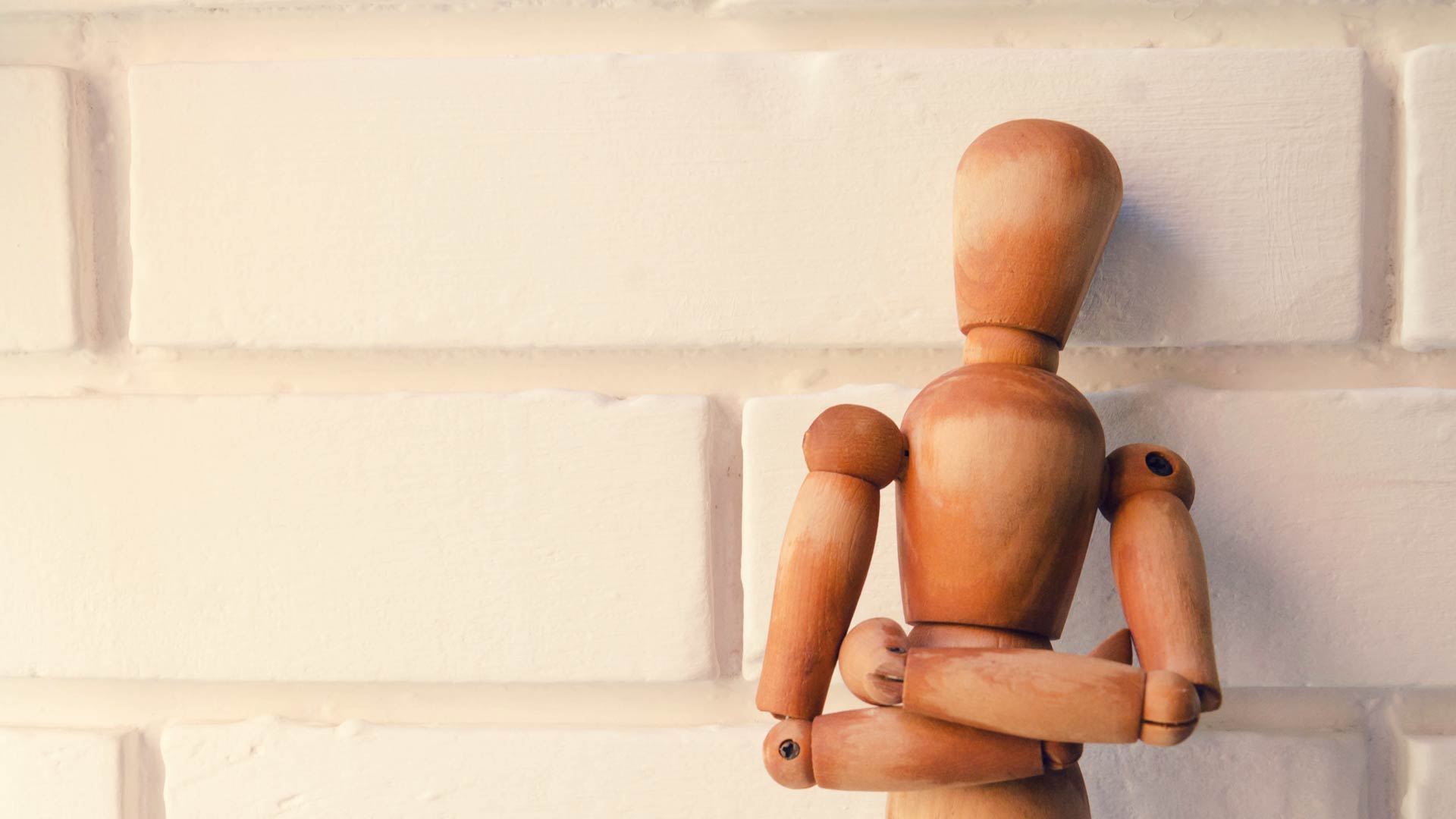Careers advice
Body language in job interviews: what you need to know
Body language is crucial in job interviews. So, it's time to sit up straight, smile and stop fiddling with that pen.
What you’ll learn:
Folding your arms indicates you're feeling defensive or uncomfortable.
Why is body language important in an interview?
Body language tips for job interviews
1. How should I greet the interviewer?
2. How should I sit in an interview?
Gesturing with open palms implies openness and honesty.
3. What should I do with my hands in a job interview?
4. How important is voice tone and volume?
5. How should I engage with the job interviewer?
Bad body language in an interview: 8 things to avoid doing
How to relax before a job interview
Things you should (and shouldn’t) bring to a job interview
What you should bring to a job interview:
What you shouldn’t bring to a job interview:
Other articles you might like





